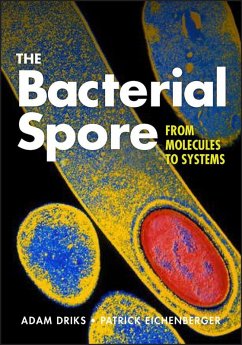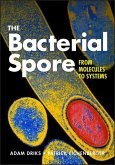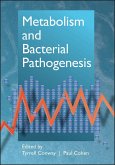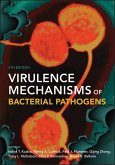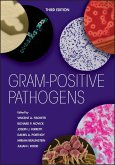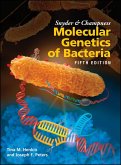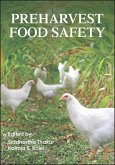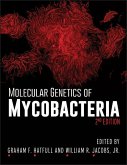The study of bacterial spores spans biosecurity to ecology The first articles describing the sporulation process were published by Robert Koch and Ferdinand Cohn in the late 19th century. Although most of the work accomplished in the past 50 years has focused on the model organism Bacillus subtilis, more recent work significantly expanded the scope of sporulation research to integrate medically relevant spore pathogens, such as B. anthracis and Clostridium difficile, as well as investigations of the ecology of spore-forming species. This new direction is supported by an explosion of novel techniques that can also be applied to nonmodel organisms, such as next-generation sequencing, metagenomics, and transcriptomics. The Bacterial Spore provides a comprehensive series of reviews of the major topics in spore biology that represent intensive, cutting-edge spore research. Editors Adam Driks and Patrick Eichenberger assembled chapters written by a team of diverse and multidisciplinary experts in biodefense and microbial forensics to produce an overview of topics of spore research, such as spore molecular biology, bioremediation, systems biology, issues in biodefense, and the challenge of food safety that is accessible to any reader, regardless of expertise. The Bacterial Spore also encompasses the diversity of spore research, which will appeal to those seeking to broaden their knowledge. The Bacterial Spore is a reference for a wide range of readers, including geneticists, cell biologists, physiologists, structural and evolutionary biologists, applied scientists, advanced undergraduate and graduate students, and nonresearchers, such as national security professionals.
Dieser Download kann aus rechtlichen Gründen nur mit Rechnungsadresse in A, B, BG, CY, CZ, D, DK, EW, E, FIN, F, GR, HR, H, IRL, I, LT, L, LR, M, NL, PL, P, R, S, SLO, SK ausgeliefert werden.

